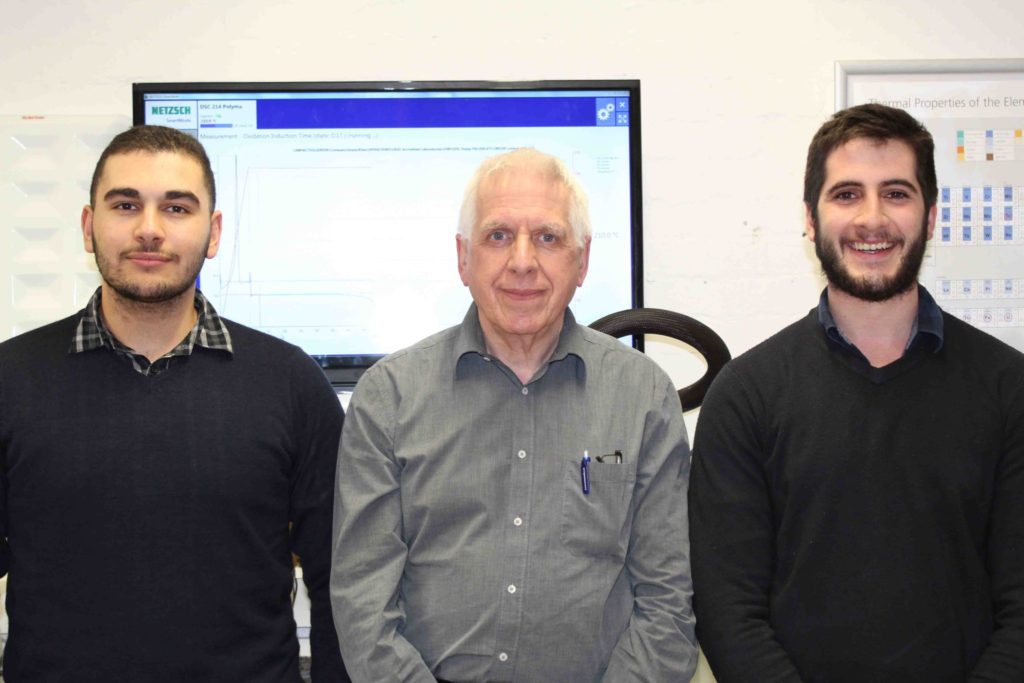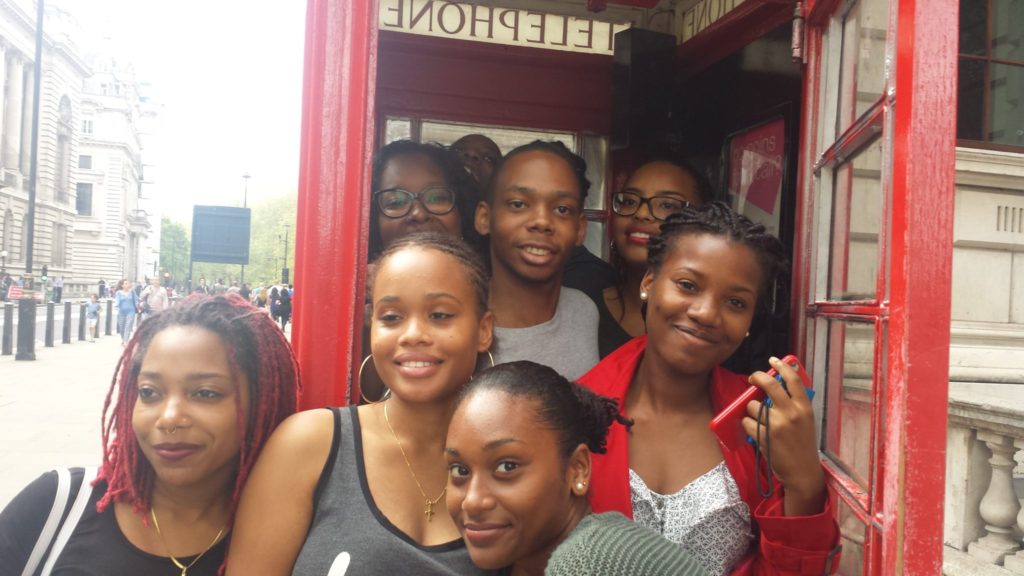International students and interns are an important part of our global society. They contribute fresh perspectives, knowledge and experience. It is important to make international students welcome, valued and included in our society, particularly in the current post-Brexit climate, which is often construed as hostile.
In 2015, 19% (around 130,000) of all students in British universities were internationals. Furthermore, the UK has been named a top destination for internships through the Erasmus+ scheme. In 2014 and 2015 the UK received over 30,000 interns from across Europe, mostly Spain, France, Germany and Poland. We can see that the UK receives a large number of international students and interns, who play an important role in the academic and professional development of the country.
 Because of Brexit, however, many international students and interns are uncertain about the prospects of coming to the country. According to a Times Higher Education article, this is because of the uncertainty and instability of the UK economy and particularly speculation over the freedom of movement. It is true that the UK is still in the European Union and the rules concerning international students and interns will not change immediately, but it is safe to say that the uncertainty and social climate may have a long-term effect on the inflow of student migrants.
Because of Brexit, however, many international students and interns are uncertain about the prospects of coming to the country. According to a Times Higher Education article, this is because of the uncertainty and instability of the UK economy and particularly speculation over the freedom of movement. It is true that the UK is still in the European Union and the rules concerning international students and interns will not change immediately, but it is safe to say that the uncertainty and social climate may have a long-term effect on the inflow of student migrants.
For this reason, it is crucial for companies and individuals to be inclusive, regardless of their background. HAWP Project is focused on achieving just that by organising internships in the UK for students from all over Europe and beyond. Despite Brexit, the company tries to bring people together and have them share their knowledge and skills in order to create synergy.
 For the international student, an internship abroad has numerous benefits. An internship at a local company doesn’t compare to an internship abroad because the scope of the experience the student has an opportunity to get is much broader in a foreign country. It is not only an opportunity to gain valuable career knowledge but to also gain an international experience, adapt to different cultures, make friends from diverse backgrounds and learn how to manage money effectively. However, without social inclusion in both the workplace and social life, these benefits are more difficult to achieve.
For the international student, an internship abroad has numerous benefits. An internship at a local company doesn’t compare to an internship abroad because the scope of the experience the student has an opportunity to get is much broader in a foreign country. It is not only an opportunity to gain valuable career knowledge but to also gain an international experience, adapt to different cultures, make friends from diverse backgrounds and learn how to manage money effectively. However, without social inclusion in both the workplace and social life, these benefits are more difficult to achieve.
An internship abroad is a great way to make diverse groups of people feel valued and important. The hosting organisation is just like a small society, within which international students have roles and responsibilities, just like their native peers. They all share a common interest and goal, which is the prosperity of the organisation. This creates a sense of comradery and belonging within the company, which is what social inclusion is all about. Therefore, Erasmus+ mobility initiatives are important for fostering social inclusion in Europe.
 This year HAWP Project has already organised a number of internships. The most recent interns have come from Malta, Slovakia, Martinique, Latvia and Spain. The company is in the process of organising further internships for students from the Gran Canaria, Murcia and Catalonia. The internships have been a success for both the employer and the intern, with the employers gaining fresh ideas on how to improve their business, and with the interns gaining practical knowledge of the subjects they are studying or are passionate about. The international interns integrate successfully into their new workplace, and this creates numerous benefits for both of the parties.
This year HAWP Project has already organised a number of internships. The most recent interns have come from Malta, Slovakia, Martinique, Latvia and Spain. The company is in the process of organising further internships for students from the Gran Canaria, Murcia and Catalonia. The internships have been a success for both the employer and the intern, with the employers gaining fresh ideas on how to improve their business, and with the interns gaining practical knowledge of the subjects they are studying or are passionate about. The international interns integrate successfully into their new workplace, and this creates numerous benefits for both of the parties.
We can see how important social inclusion is, particularly for international students. The inclusion of international students not only creates a positive social climate but also brings numerous benefits to the employer.
Written by Julius M.
HAWP Project Marketing Team

